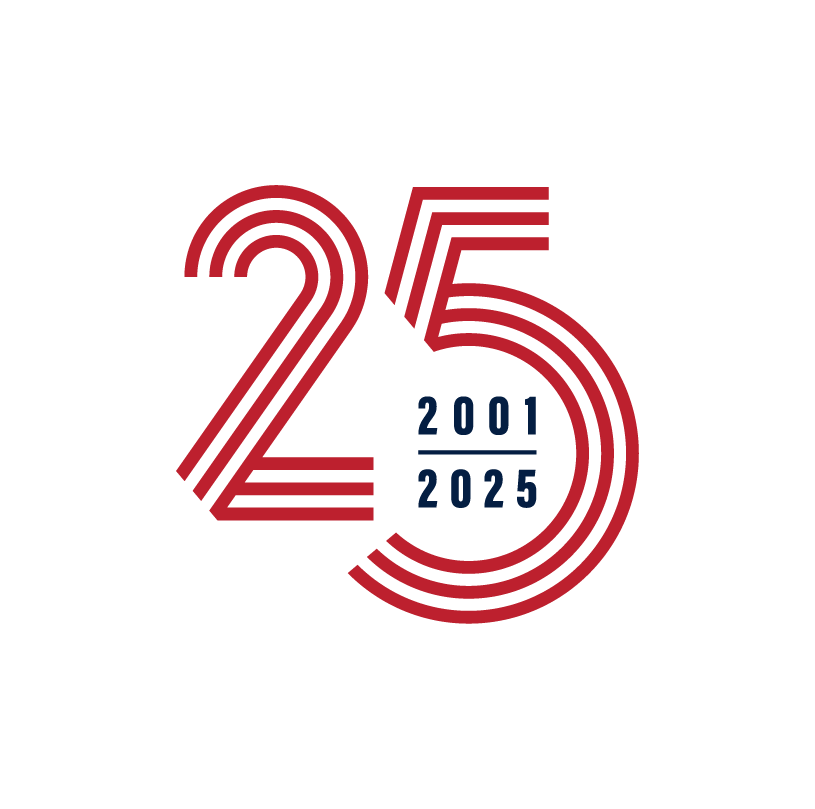THE ACADEMIC PROGRAMME OF THE INSTITUTION MAINLY CONSISTS OF SECTIONS ‘A & B’ EXAMINATIONS, POPULARLY KNOWN AS THE AMIIE EXAMINATION.
AMIIE in Drilling Engineering
Information For:
- Home
- Examination
- R&D
- Application Status
- Apply Membership Online
- RTI Information & Reply
- Awards
- Become Student's Chapter
- Online Verification
- Placement Service
- Alumni Association
- Approval & Recognition
- AMIIE(B.Tech./B.E.)
- DIPIIE-DMIIE-TMIIE(Diploma)
- List of Student's Chapter
- Our Vision
- Circular/Notice/Tender
- Hall Ticket
- Examination Result
- Vacancy & Career
- Global Linkage
- Downloads
Key Highlights of the AMIIE
- Project based learning through industry collaborations.
- Focus on skill building & practical implementations.
- Interactive sessions with industry experts through Student's Chapter.
About
A drilling engineer develops, plans, costs, and supervises the operations needed for drilling oil and gas wells. They are involved from well design to testing, completion, and abandonment. Drilling engineers can work on land, offshore platforms, or mobile drilling units for operating oil companies, drilling contractors, or service companies. They collaborate with geologists and geoscientists, ensuring safety and environmental protection.
Career
The role of a drilling engineer can vary depending on the employer, but typical tasks often include preparing well data sheets, designing and selecting well-head equipment, and drawing up drilling programs while considering desired production flow rates. Drilling engineers gather relevant data, carry out engineering analysis on-site, recommend necessary actions, and write reports. They monitor the daily progress of well operations, track current costs, compare actual expenses with proposals, and suggest cost-effective changes. Drilling engineers liaise with contractors and suppliers, such as cement companies or drilling fluid providers, and ensure the safety and maintenance of the well. They also adhere to environmental protection standards, sometimes discussing compliance with local governments. Other responsibilities include establishing and administering drilling and service contracts, coordinating and supervising the drilling team, and conducting engineering design for wells. They may design directional well paths, manage operations on behalf of small clients, and contribute to field development design. Additionally, they work with multidisciplinary professionals to evaluate the commercial viability of the well and return the site to its natural state if drilling ceases.
Job Prospects
Career Progression: Starting with managing single wells, engineers quickly take on wells with budgets of £5 to £10 million, eventually moving on to overseeing multiple wells.
Training & Mobility: Training lasts up to five years, with engineers typically changing jobs or projects every 18 months to two years, often requiring relocation.
Management Opportunities: In oil companies, engineers move into management roles; drilling contractors tend to stay in technical positions, focusing on future drilling technology.
Consultancy & Similar Roles: Independent consultancy is an option, though it comes with financial fluctuations. Alternative roles include cementing, completion, and subsea engineers.
Remuneration
- Starting salaries for drilling engineers are around £25,000 to £35,000.
- With experience and an increased level of responsibility, drilling engineers could earn between £40,000 and £80,000. Salaries can vary depending on the size of your employer.
Section-A
- TRANSFORMS AND PARTIAL DIFFERENTIAL EQUATIONS
- PROCESS ENGINEERING CALCULATIONS
- GEOPHYSICS
- FLUID MECHANICS
- HEAT TRANSFER
- ENGINEERING THERMODYNAMICS
- WORKSHOP PROCESSES
- MASS TRANSFER
- RESERVOIR ROCKS AND FLUID PROPERTIES
Section-B
- FUNDAMENTALS OF PETROLEUM GEOLOGY
- METAL CUTTING AND TOOL DESIGN
- RESERVOIR ENGINEERING - I
- WELL DRILLING EQUIPMENTS AND OPERATION
- WELL LOGGING
- DRILLING FLUIDS AND CEMENTING TECHNIQUES
- FIELD DEVELOPMENT GEOLOGY
- MINE MACHINERY - I
- ENVIRONMENTAL SCIENCE AND ENGINEERING
- RESERVOIR CHARACTERIZATION AND MODELING
- MINE MACHINERY - II
- WELL COMPLETION TESTING AND WORK OVER
- PROCESS CONTROL AND INSTRUMENTATION
- PETROLEUM REFINING AND PETROCHEMICALS
- NATURAL GAS ENGINEERING
- ONSHORE & OFFSHORE ENGINEERING & TECHNOLOGY
- UNDERGROUND COAL MINING
- PETROLEUM EQUIPMENT DESIGN
- PROJECT WORK
What Is AMIIE?
Full form of AMIIE is “Associate Member of the Indian Institution of Engineers”. AMIIE is a professional certification given by Indian Institution of Engineers (IIE).

